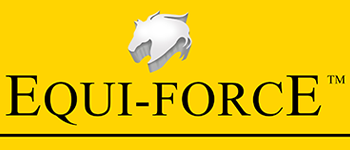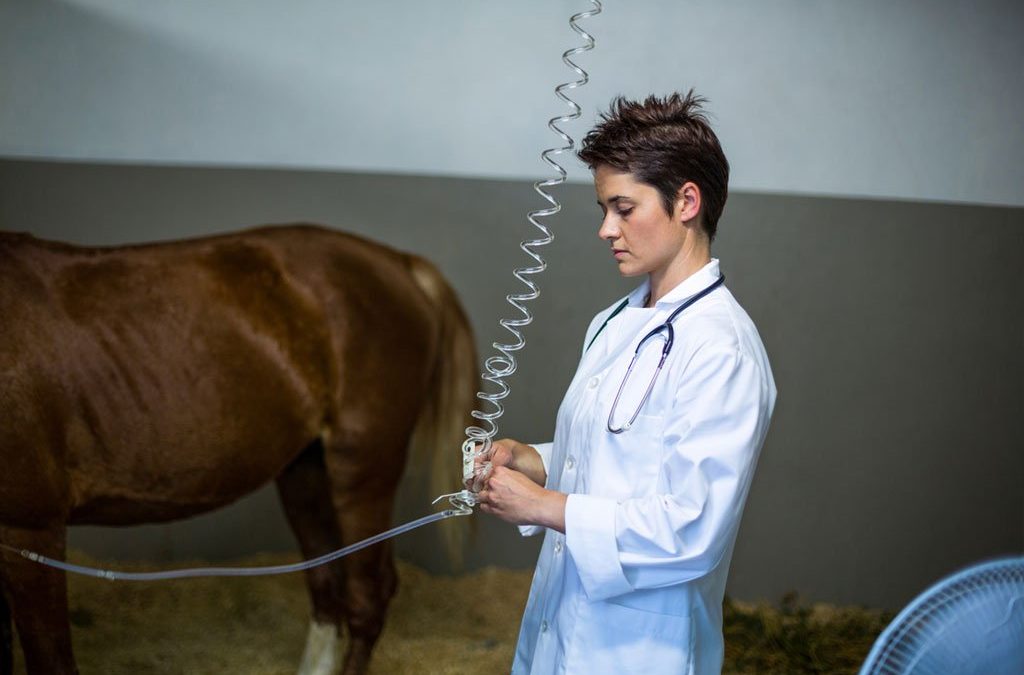A review of what causes botulism and how to prevent it
What Causes Botulism?
Botulism is caused by toxins produced by the bacterium Clostridium botulinum. Horses can consume the bacterial spores from soil and feedstuffs. Most often it is found in forage where an animal carcass has been baled with the forage. Botulism can also gain entry through wounds.
What are the signs of a horse that is affected?
Botulism causes a paralysis of the motor nerves that are responsible for muscle movement. Signs of botulism are weakness and difficulty eating or swallowing. Foals can become very weak and shake due to muscle weakness and they are called “shaker foals” for this reason. Adult horses can also have muscle shaking and may have a hard time even lifting their head. They lose tone in the tail and eyelids and usually cannot stand up.
Can an affected horse be successfully treated?
Horses can survive Botulism but the treatment is costly and the recovery is slow. Round the clock nursing care is required because most affected horses cannot eat or drink and must be fed via stomach tube and intravenously. Supportive therapy requires administration of botulism antitoxin, which binds the botulism toxin in the blood circulation. Unfortunately, once botulism toxin has bound to the nerve, it cannot be reversed and the horse’s body must regenerate its own nerve-muscle junctions. Antibiotics such as penicillin and metronidazole can kill C. botulinum bacteria, if present.
How can Botulism be prevented?
Prevention of botulism involves routine vaccination of foals and adult horses and careful feeding practices. Most cases of botulism in the United States are caused by type B botulism and there is a commercially available vaccine against botulism is for type B. An initial series of three monthly vaccinations is recommended for unvaccinated horses, followed by yearly boosters. It is especially important to vaccinate pregnant mares so that antibodies are passed to foals in colostrum.
Feeding carefully harvested forages is the best way to prevent horses from ingesting botulism toxin. Do not feed, dusty, moldy wet hay to horses. If any dead animals are found in the hay, discard it immediately. Rounds baled hay has the highest risk of containing botulism because it is baled with a high moisture content which is an environment that is hospitable for botulism. Bagged, chopped forages are usually of very high quality and would be a good alternative if clean, properly harvested baled forage is unavailable.
Always keep open wounds clean and dressed.
Is there a high risk of my horse contracting Botulism?
No. The Mid-Atlantic States and Kentucky are where most of the spores are found in the dirt, but the incidence of the disease is low. So long as good horse husbandry practices are observed, the risk of horses contracting botulism is small.
This blog was originally posted on Monday, August 12, 2013 at Equine Nutrition and Health Services Blog. Blog article was re-posted with permission from blog owner, all rights reserved.


